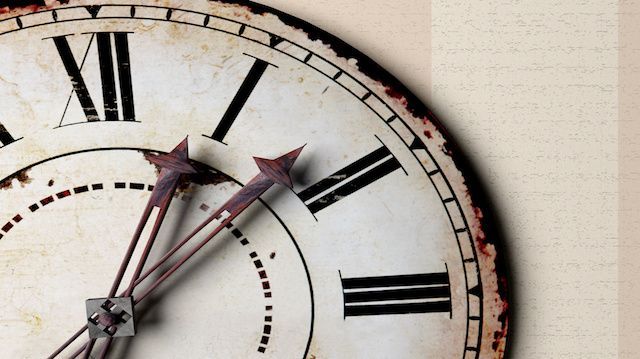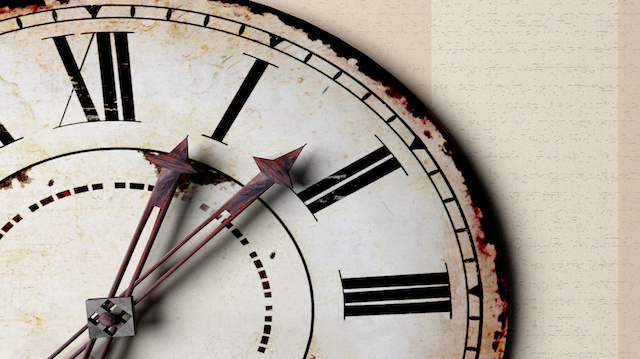
Every year, I feel like the time change completely destroys my body’s rhythm for up to a couple months after we wind back the clock. I find the transition away from daylight saving and the transition to daylight saving equally hard. During both changes, I feel exhausted, weak, and behind schedule.
However, according to Mohsin Maqbool, the medical director of the Pediatric Sleep Institute in Texas, I won’t have to suffer during the next time change — and neither will you if we employ the following tips.
Wake early
During the “fall back” time of the year when daylight saving time ends, your normal wake-up time occurs an hour earlier. If you normally get up at six a.m., the new time has you waking at five. Dr. Maqbool recommends embracing your body’s impulse to wake earlier. He also recommends engaging in a healthy activity, like exercising or preparing a healthy breakfast.
Waking early not only allows you to start a new healthy habit, but it also helps your body’s circadian rhythm adjust faster. If you wake early and watch the sunrise, it sends signals to your body that, yes, it is awake time. The faster your body adjusts, the quicker you will lose that sluggish and exhausted feeling.
Watch the sun rise and set
Did you know that your body is designed to run with the sun? Your body sends out specific hormonal signals when the sun rises and sets. Watching the sun rise signals your body to perk up and start creating the hormones that it needs during the day. If you have ever watched the sunrise, you may have experienced this firsthand — even if you stayed up all night. Watching the sunrise acts similarly to a cup of coffee and leaves you feeling energized and alert.
At night, the opposite happens. When the sun sets, your body starts creating “sleep” hormones, such as melatonin. Melatonin signals your body to shut down for the night and triggers the body’s systems that are active at night. Watching the sunset will make you feel sleepier and prepare your body for bedtime.
In short, watching the sun rise and set each day will help you adjust to the new time faster.
Go to bed sooner
When daylight saving time ends, clocks are pushed back one hour. This means that you start feeling sleepy at least an hour before your usual bedtime (but if you’re anything like me, you start feeling sleepy about two hours earlier). Dr. Maqbool recommends embracing your desire to go to bed earlier, as most of us get far too little sleep anyway.
He also recommends allowing children to go to bed earlier and sleep in later, when possible, to help them adjust to the time change faster.
Exercise
 Exercise is not only beneficial for building strong bones and muscles — it can also help your body produce the right hormones to keep your energy levels high. Exercise during the early part of the day stimulates your body and helps to fight midday fatigue. If you feel sluggish in the mornings after the time change, exercising is one of the easiest ways to banish the “blah” feelings the time change can bring.
Exercise is not only beneficial for building strong bones and muscles — it can also help your body produce the right hormones to keep your energy levels high. Exercise during the early part of the day stimulates your body and helps to fight midday fatigue. If you feel sluggish in the mornings after the time change, exercising is one of the easiest ways to banish the “blah” feelings the time change can bring.
Just by implementing these changes, you will likely feel more refreshed and the time changes will not be such a big problem. Waking early, going to bed sooner, exercising and getting outside more are all healthy habits that can help you live a long and healthy life.
Soon, you may even look forward to time changes rather than dread their interruption to your life.
—Brenda Priddy
Brenda is a writer, chef and health nut with many years of writing experience in the alternative health industry. She specializes in health news, healthy living, alternative treatments, and healthy recipes. She loves educating others about sustainable, healthy living. Brenda lives in Texas with her husband and two daughters.
Source:
http://www.wfaa.com/story/news/health/2015/10/25/take-advantage-upcoming-time-change/74584408

